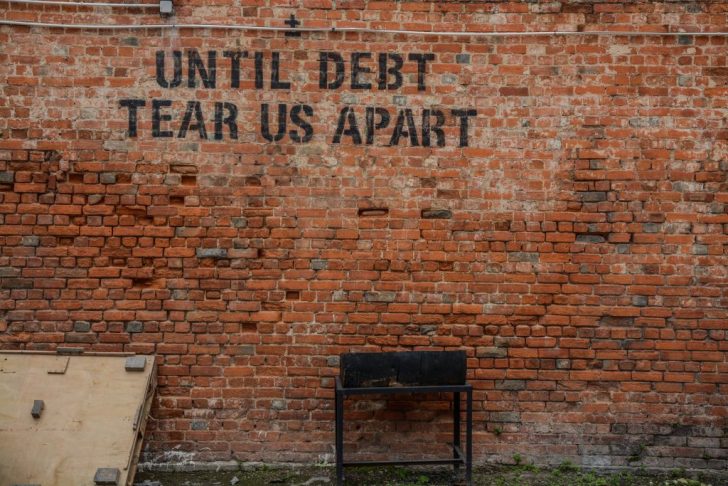Will Your Family Inherit Your Debts Once You Die? Here’s the Scary Truth You Need to Know
With the left and right loans and debts from different lenders, it seems it’s impossible that you will be able to repay these back throughout your lifetime. While this may be an exaggeration, it’s not entirely untrue. Times are hard and borrowing money nowadays appears to be the norm. But what really happens when you diet without repaying your debts?
The Sad Truth
First, death is one of the most uncomfortable topics to discuss. But what can we do, it’s inevitable and will come at some point. Second, the more terrifying part is its unpredictability because you’ll never know when you will pass away. When you have debts after debts piling up, it can be extremely frightening to die without paying these because what will financiers do with your assets?

Debts can be extremely stressful for the surviving family members
The sad reality is, despite leaving the world, your loans and debts won’t just disappear. The bottom line is that being the borrower means you’re responsible for it. However, with life and policy issues, it tends to go complicated from here.
It simply won’t stay in the grave with you but has a chance to be passed on to your estate. There’s nothing more guilty-inducing than knowing your family will carry the burden you used to endure when you were still alive.
According to 2016 Experian information, an eye-popping 73 percent of adults still had unpaid debts when they died. What’s more, the average balance was a whopping $61,554, a portion of which was because of a mortgage. The figures reflect just how an outstanding balance after death is not uncommon, so what will happen to the unfinished business?
Will the Problems Be Passed to Loved Ones?
The scent of fear is already reeking, we know. It’s hard to leave your loved ones YOUR problems and many people are also scared that they may inherit the debts of the deceased, attorney Philip J. Ruce said. However, there are a lot of cases when it gets buried as well, but then there are certain situations when it can be passed to a relative.

On top of grief, other people think of the debts left by the deceased
Basically, the estate will be in charge of the unsettled debts of the person who died. Those that are backed up by an asset, like a car loan, may be resolved if the lender is permitted to foreclose or repossess the asset or to sell it and use the money to pay off the balance. However, in the event that the relatives want to keep the asset, then they have to secure a new loan.
Unsecured Debts
For credit card or personal loans, which are unsecured, the money from the estate will be used to settle the outstanding balance, even before anyone from the family receives an inheritance. If there’s no money left, the estate is declared insolvent and officials will need to check the probate system to see which loans are paid. Those that are still unpaid by the sole borrower will be cleared.

Unsecured loans like a student debt will likely be passed to the co-signer
But, things get downward when there is a co-borrower, like a student or a car loan. In this case, the co-signer will be responsible for paying the remaining debt. Sometimes, the automatic default provision comes to play, which is when lenders are ordered to settle the unpaid amount immediately upon the death of the other person.